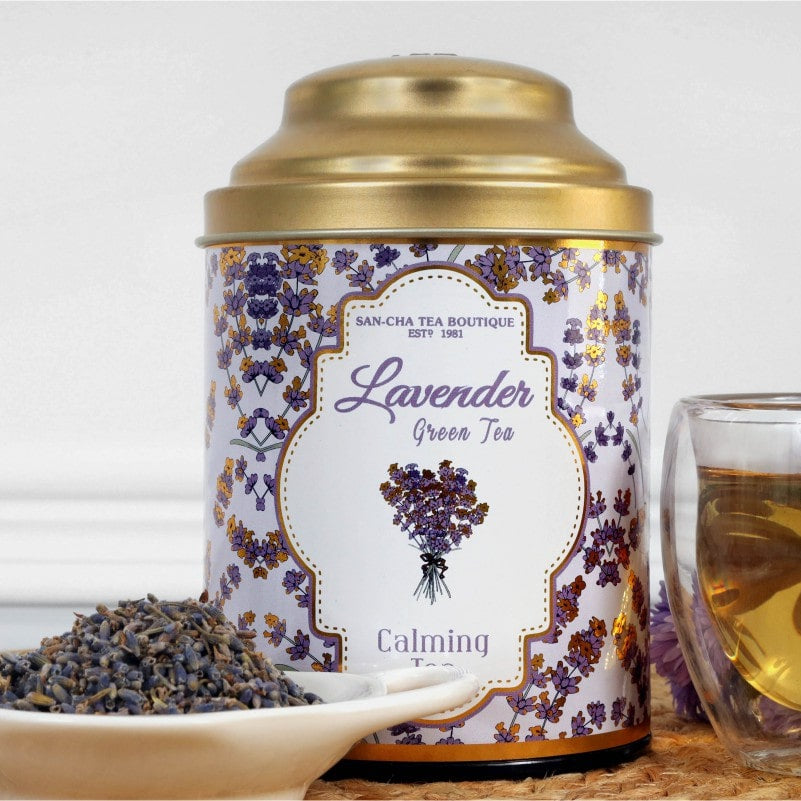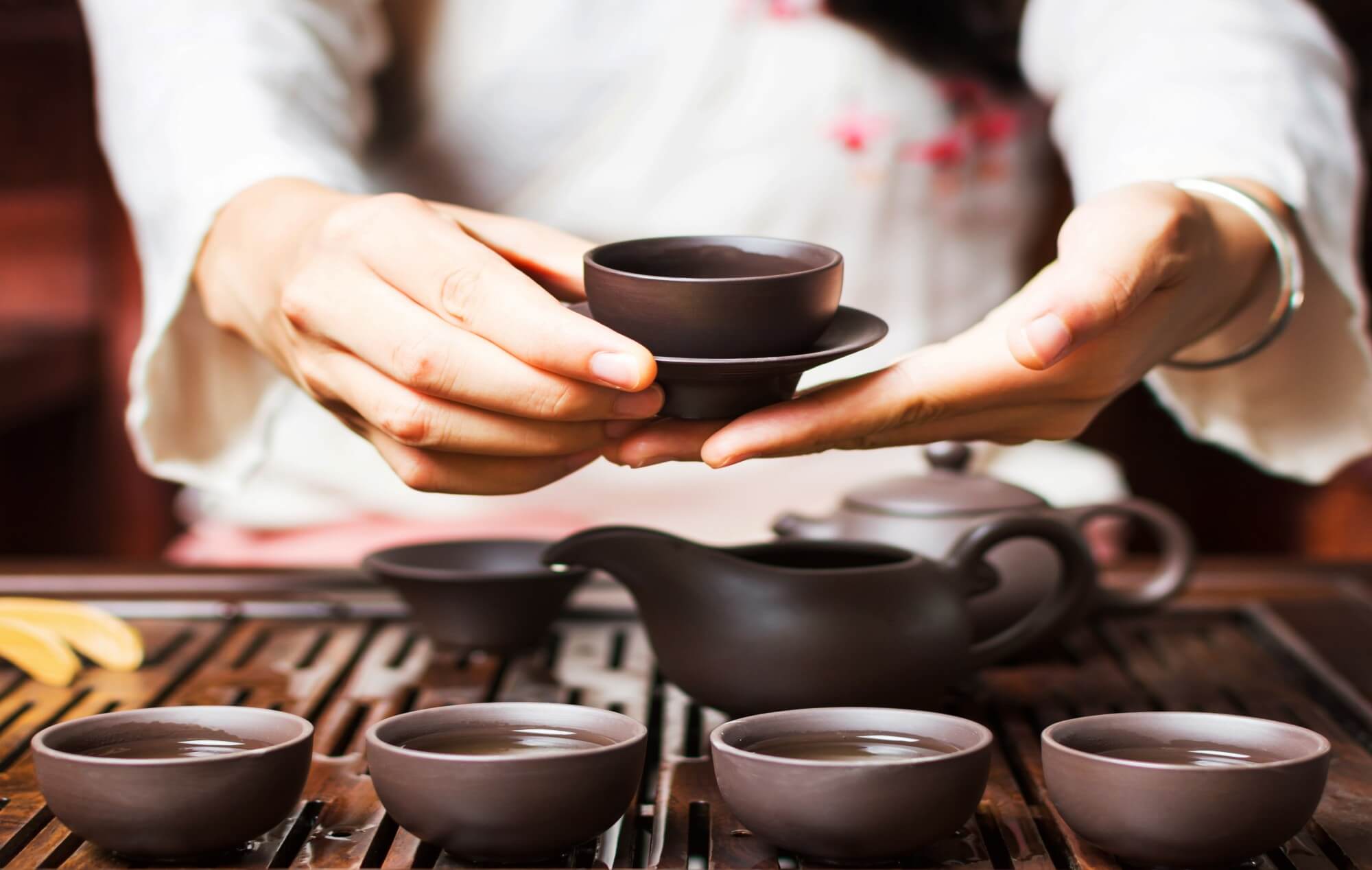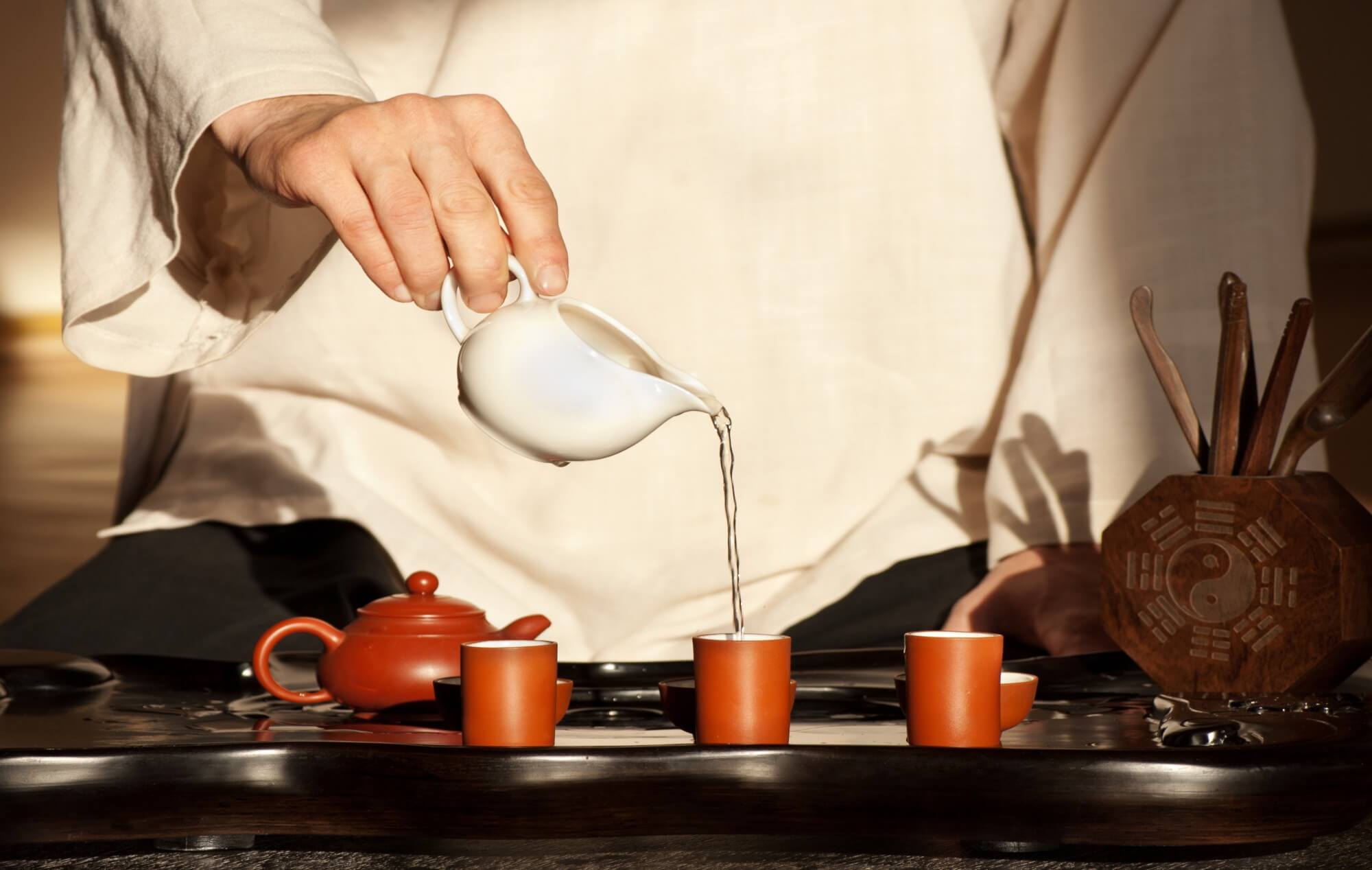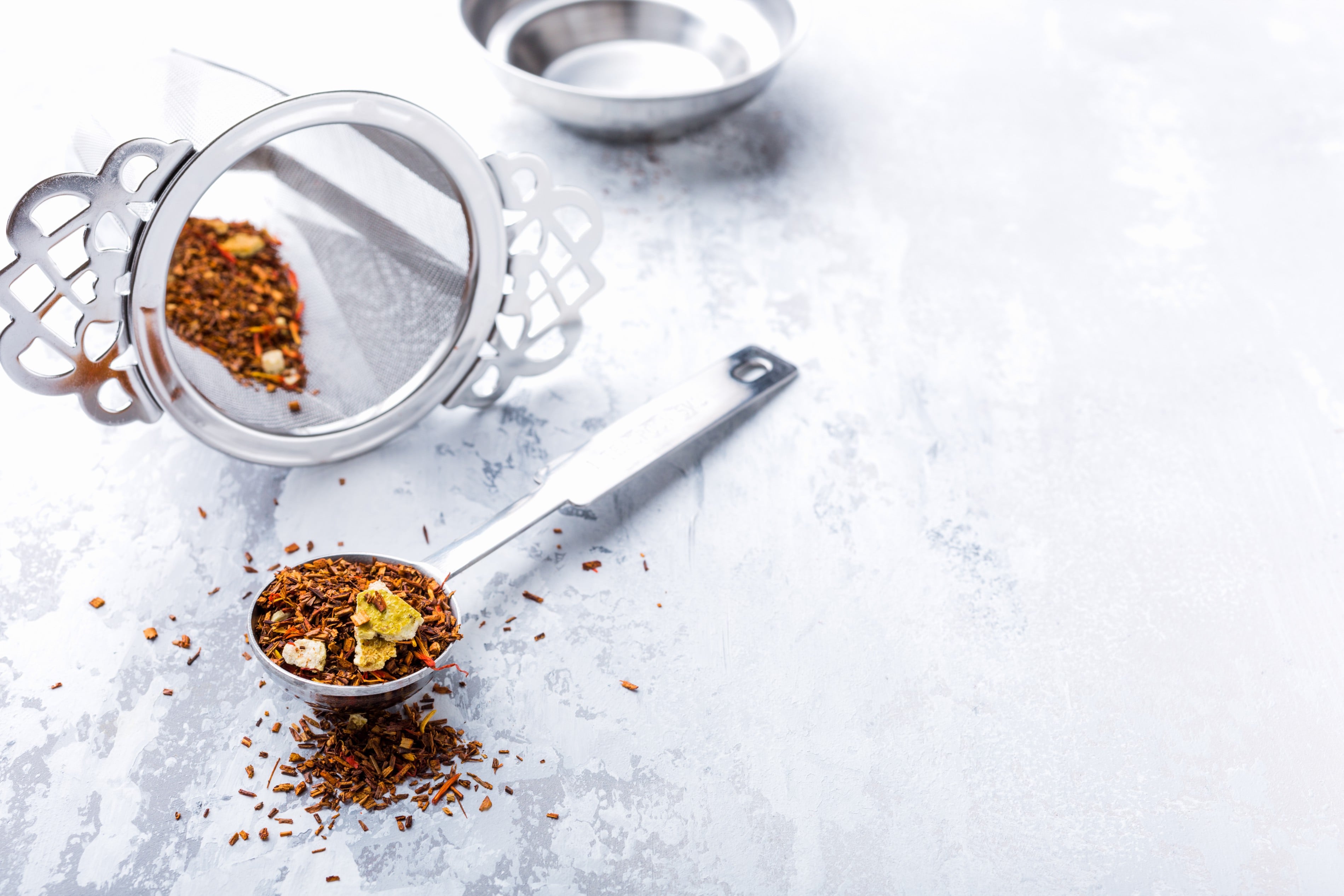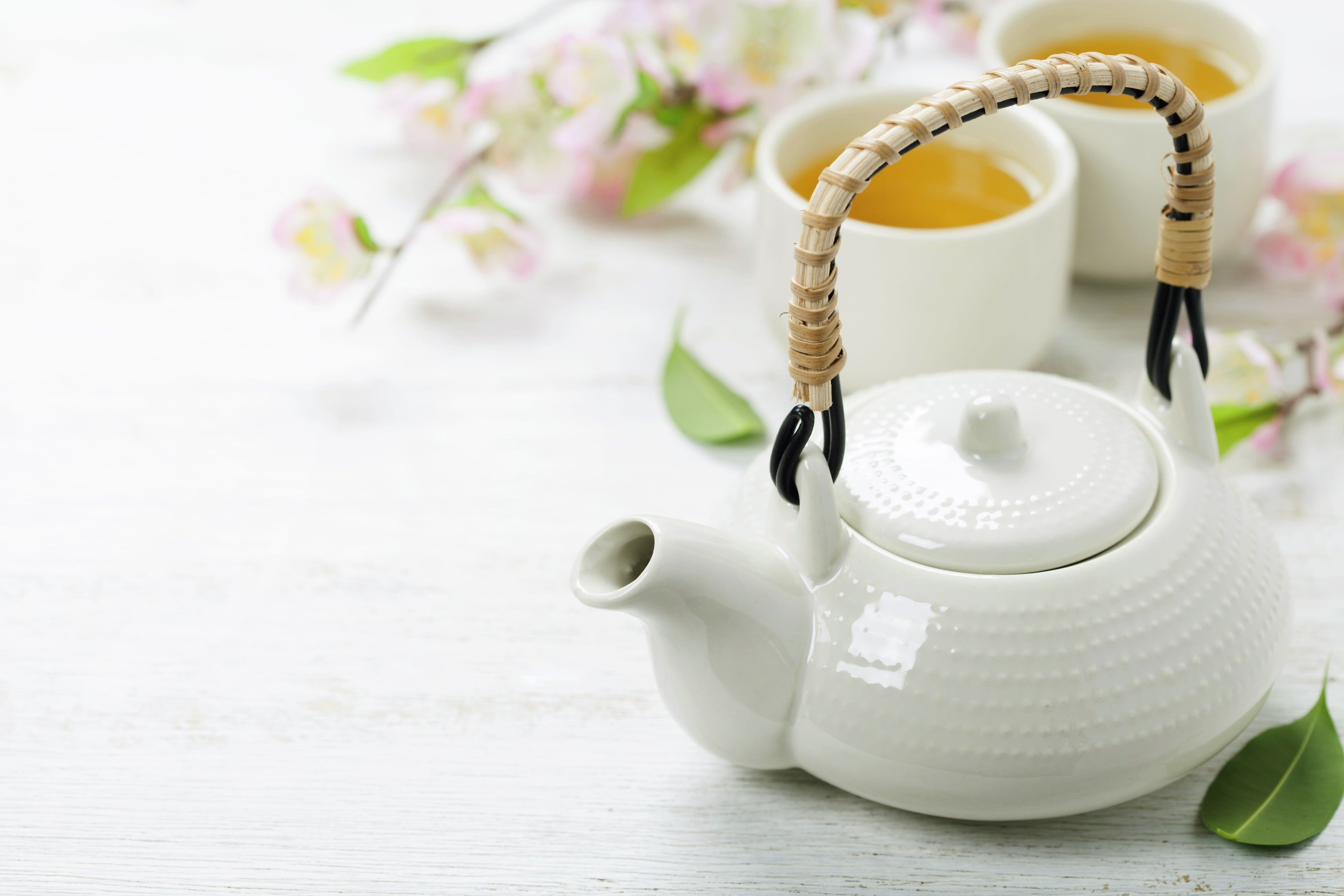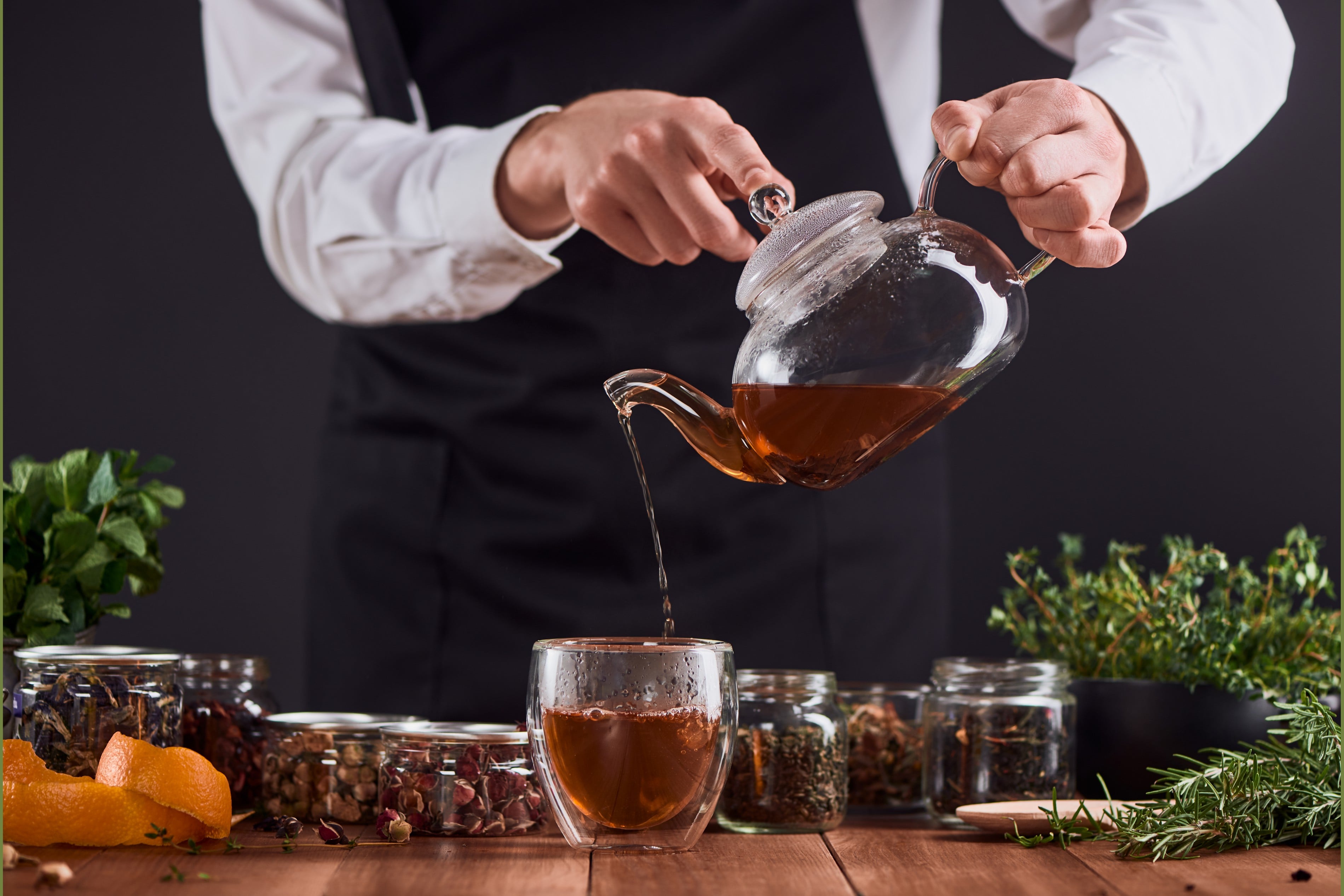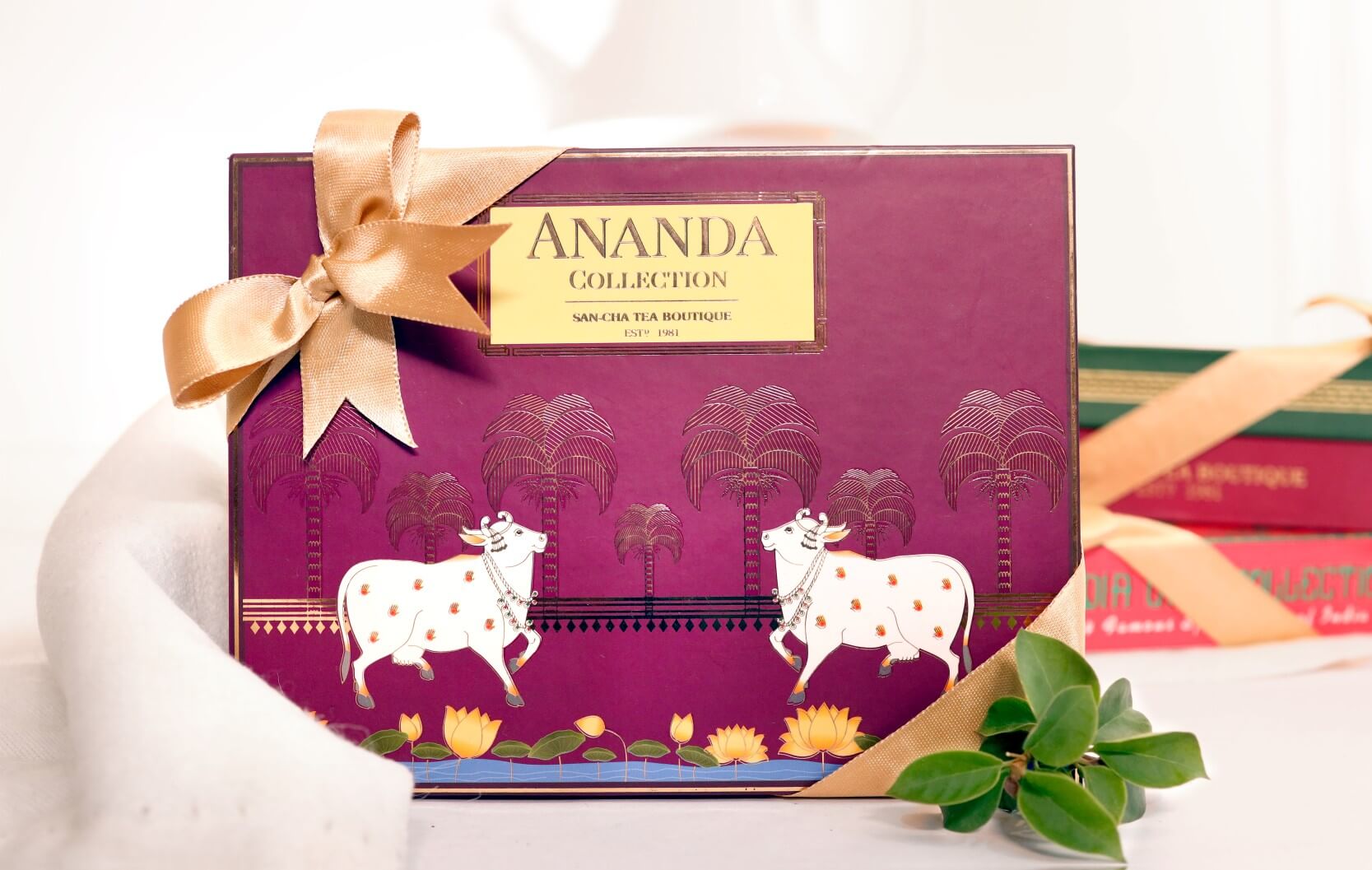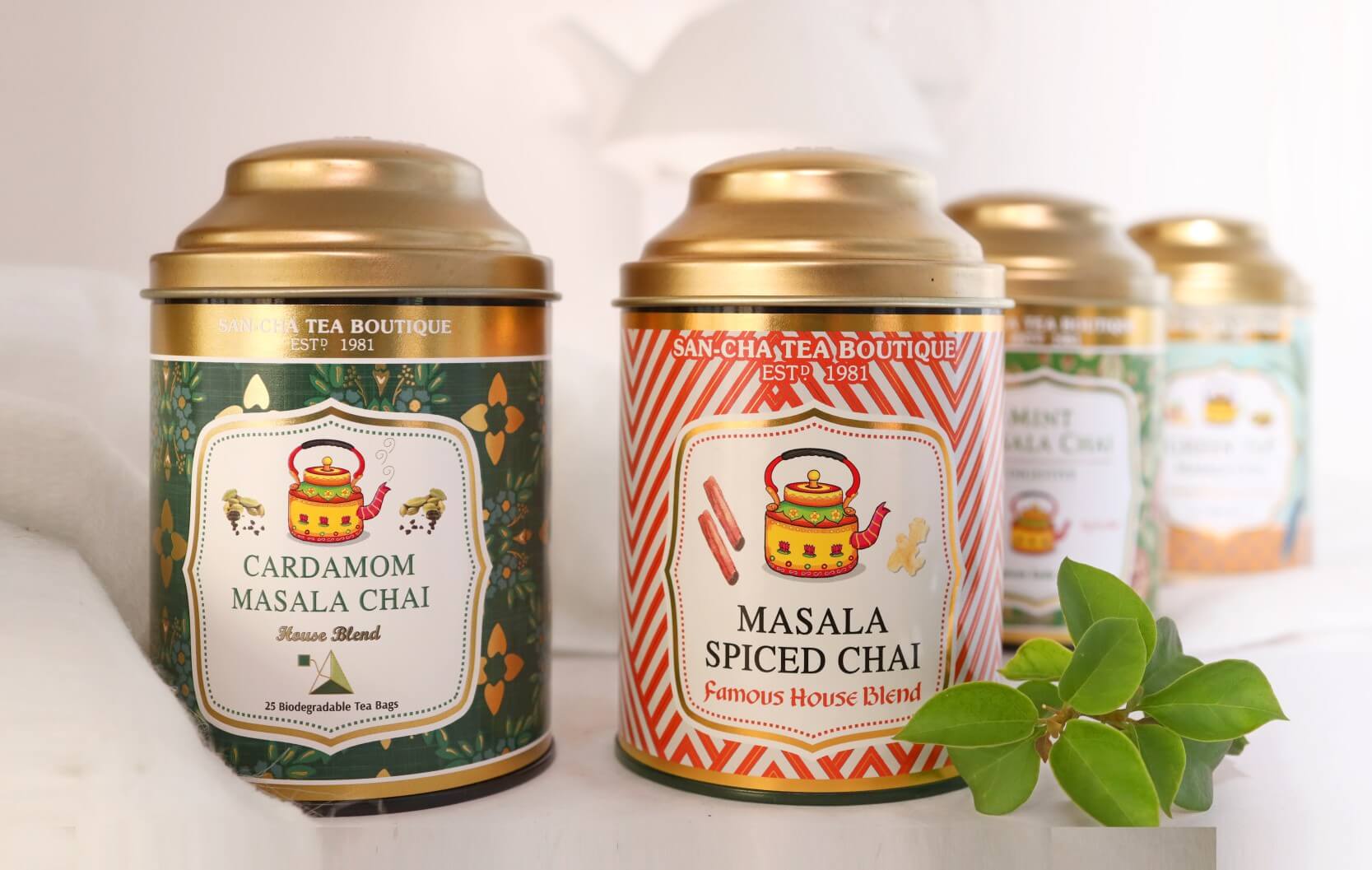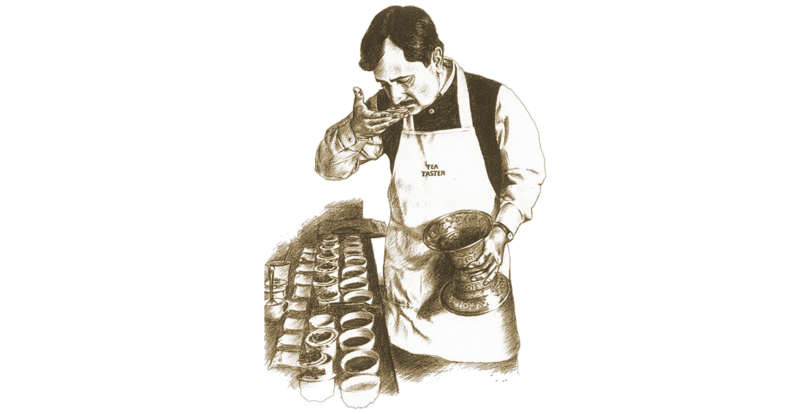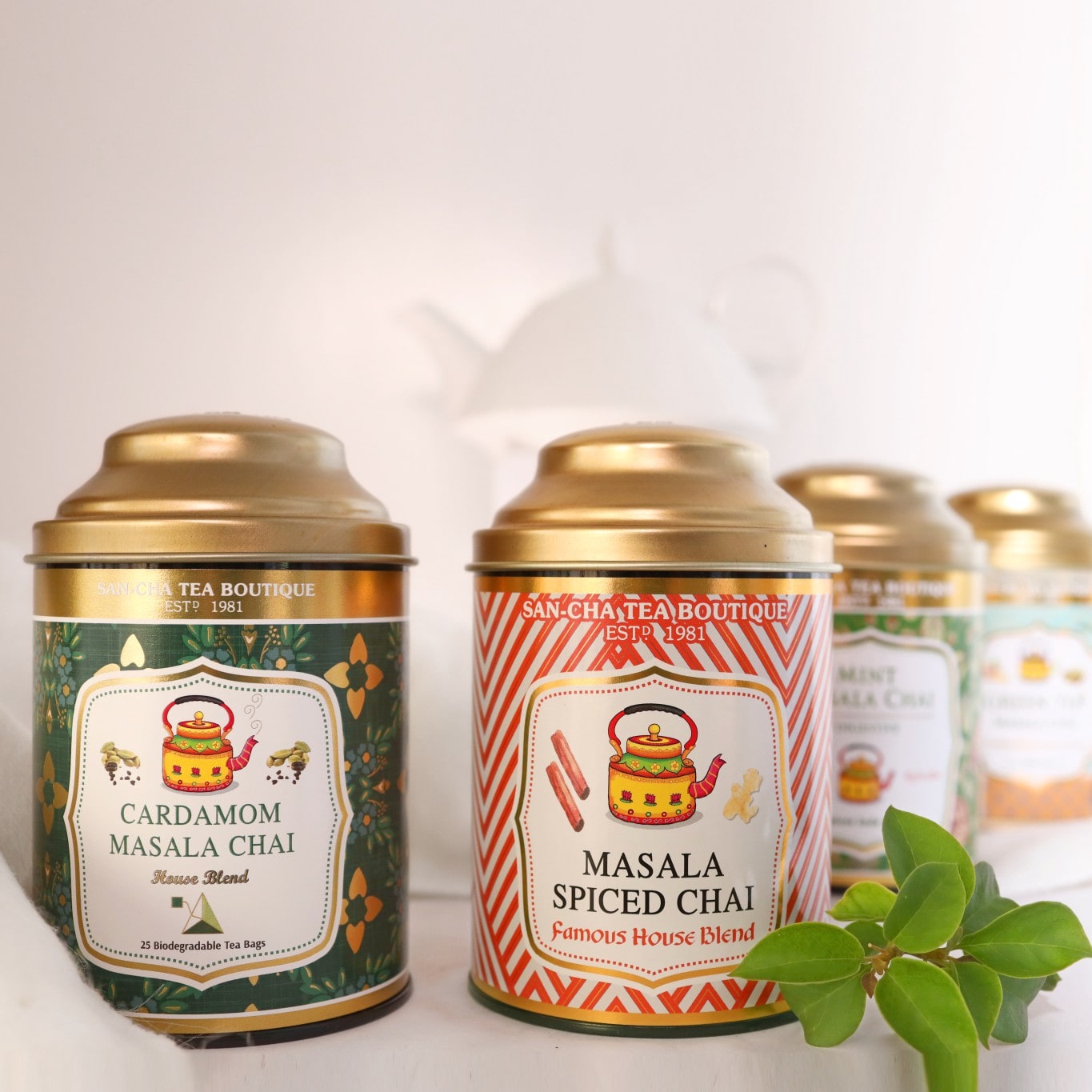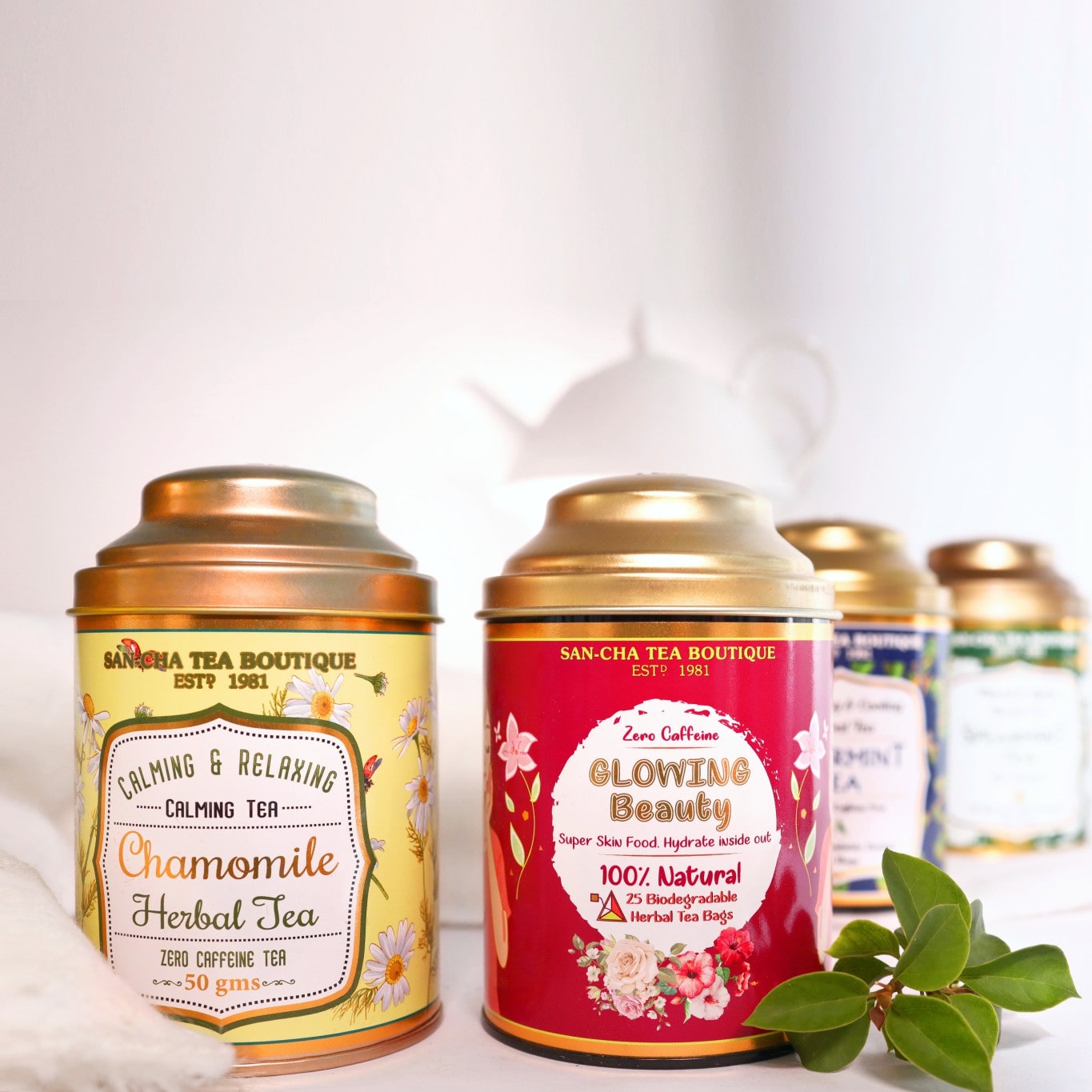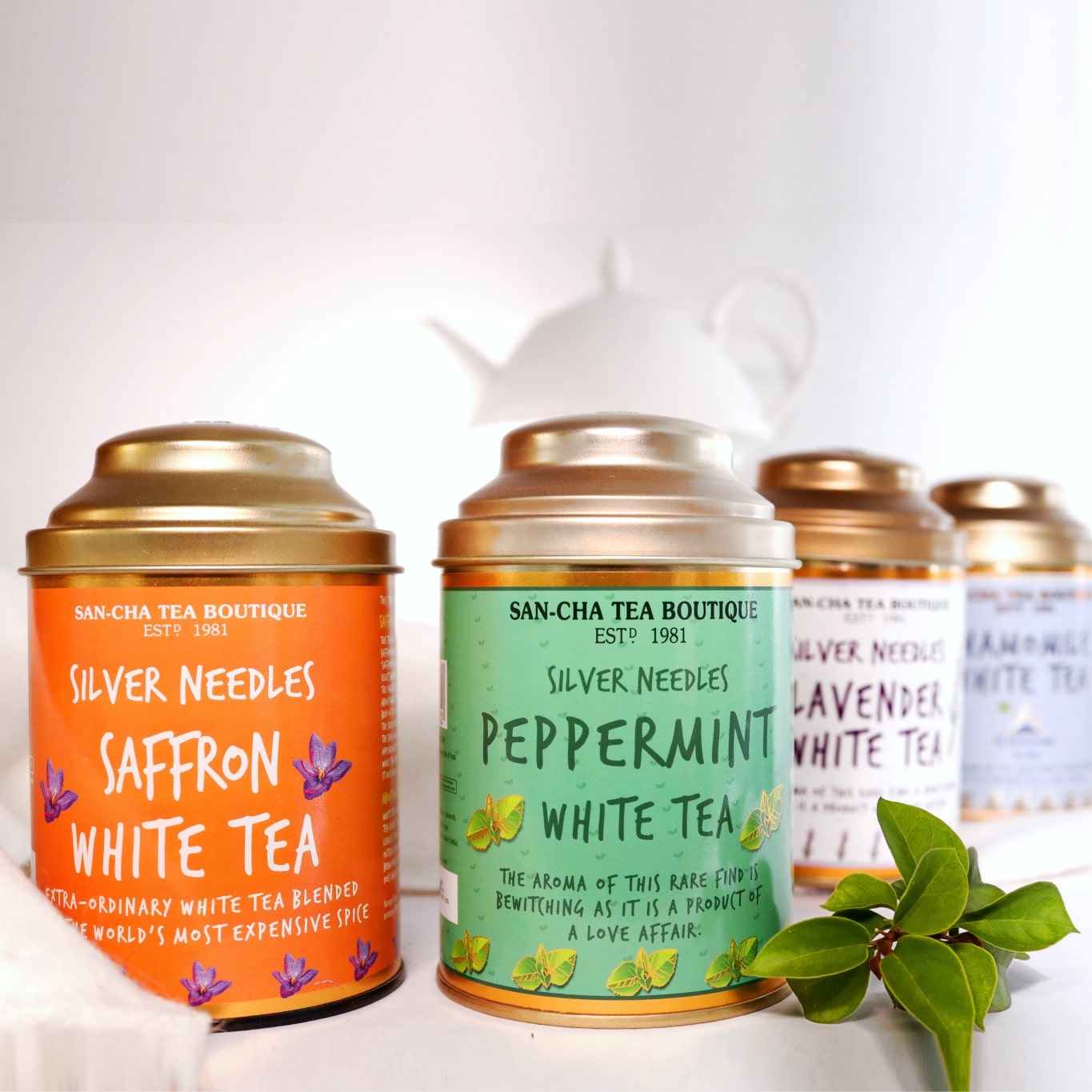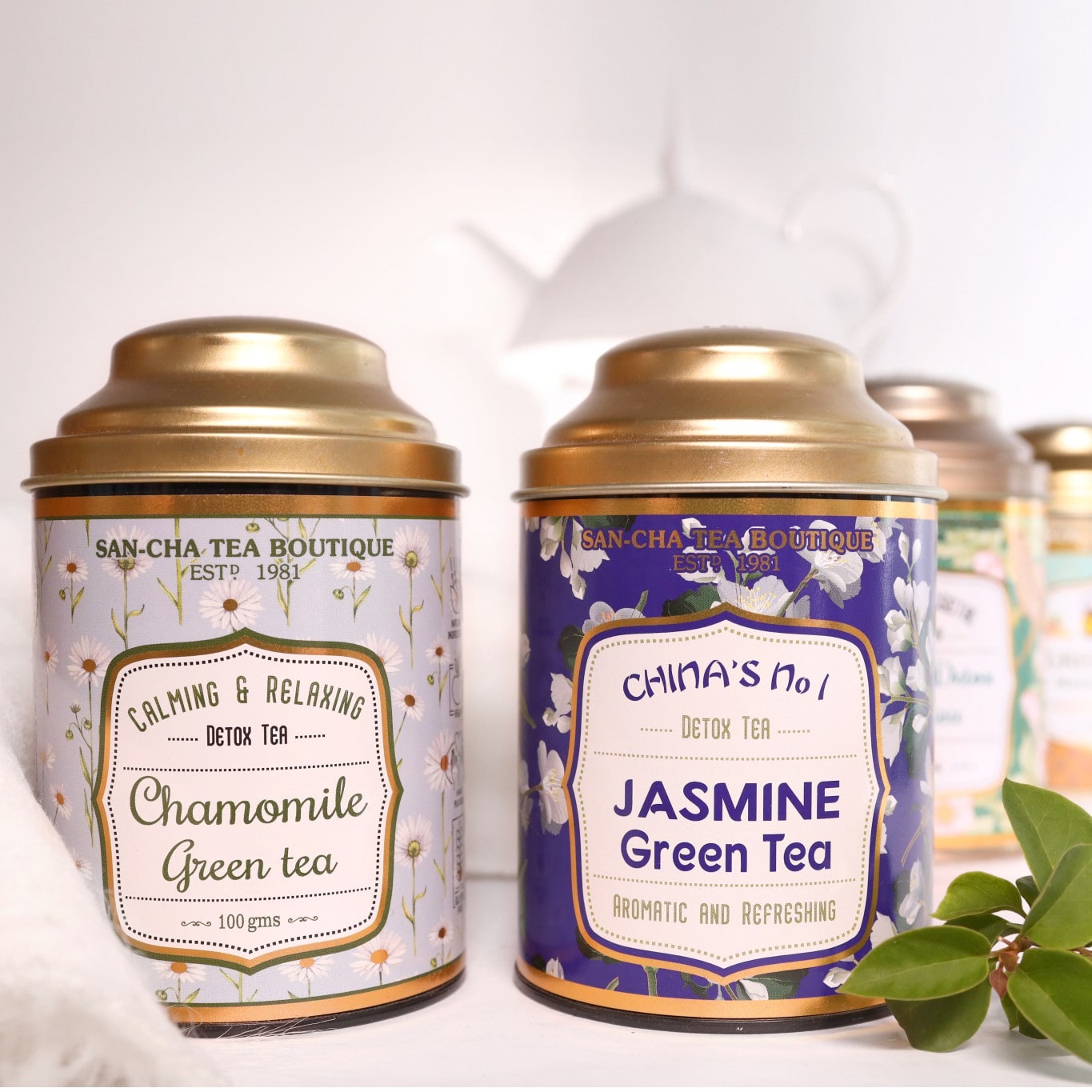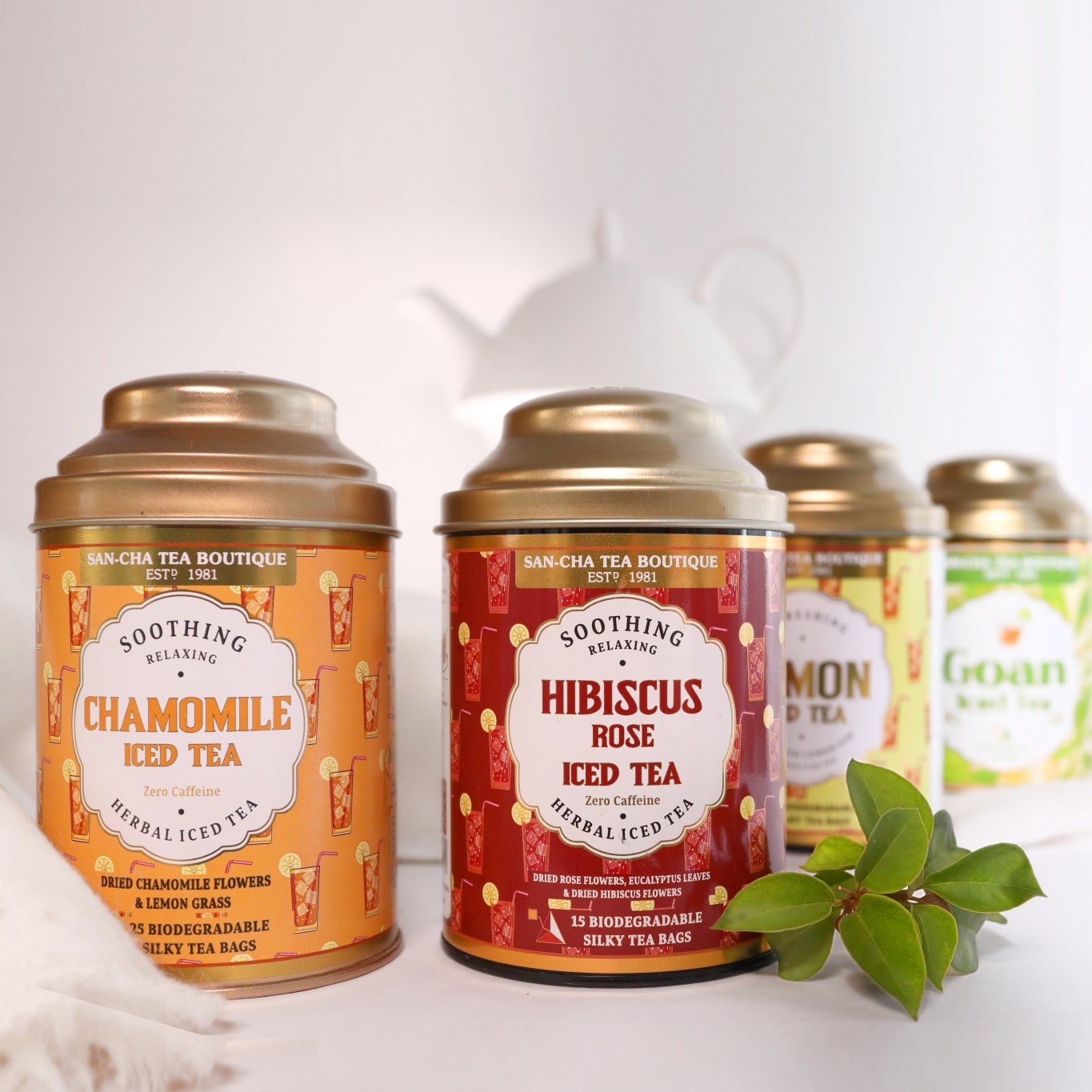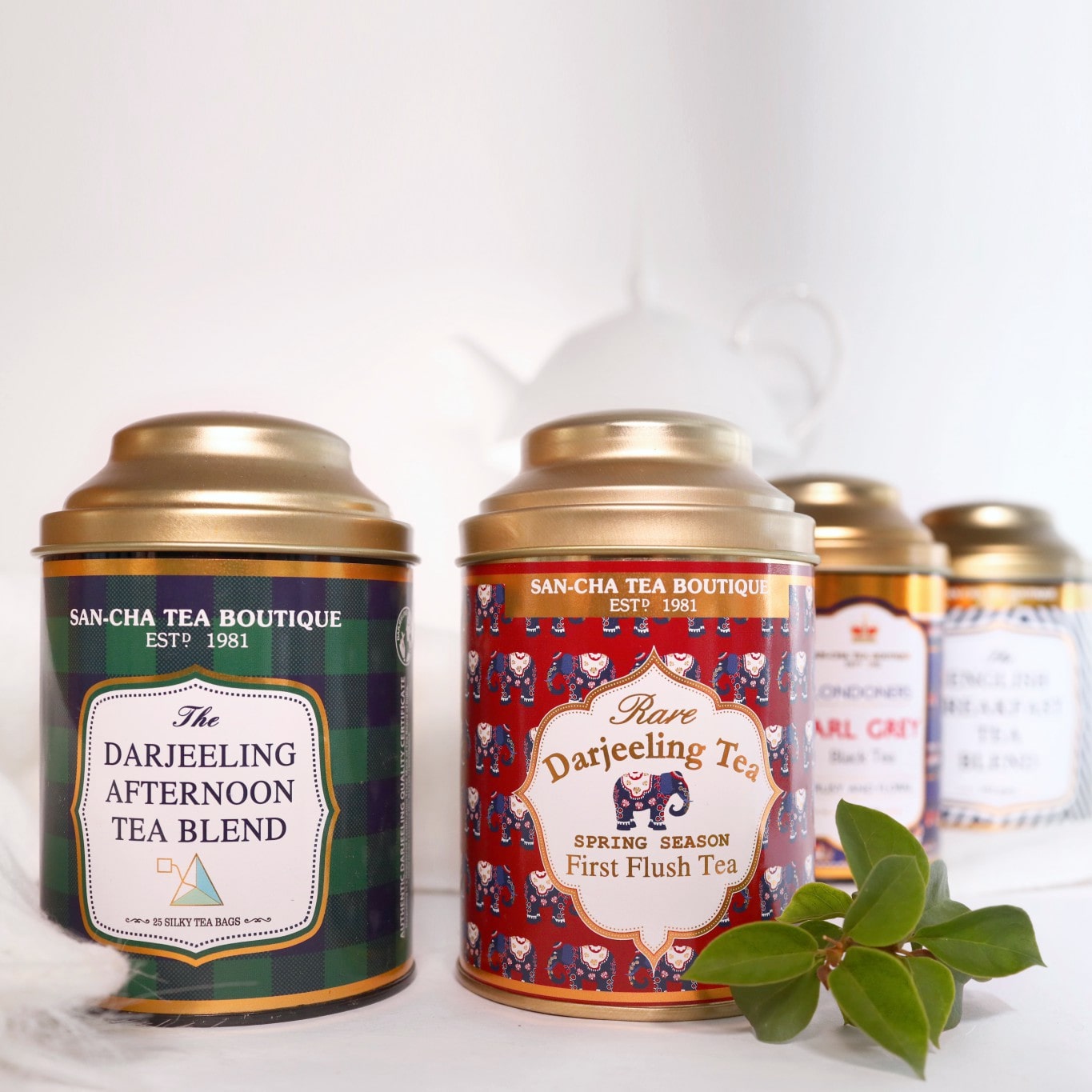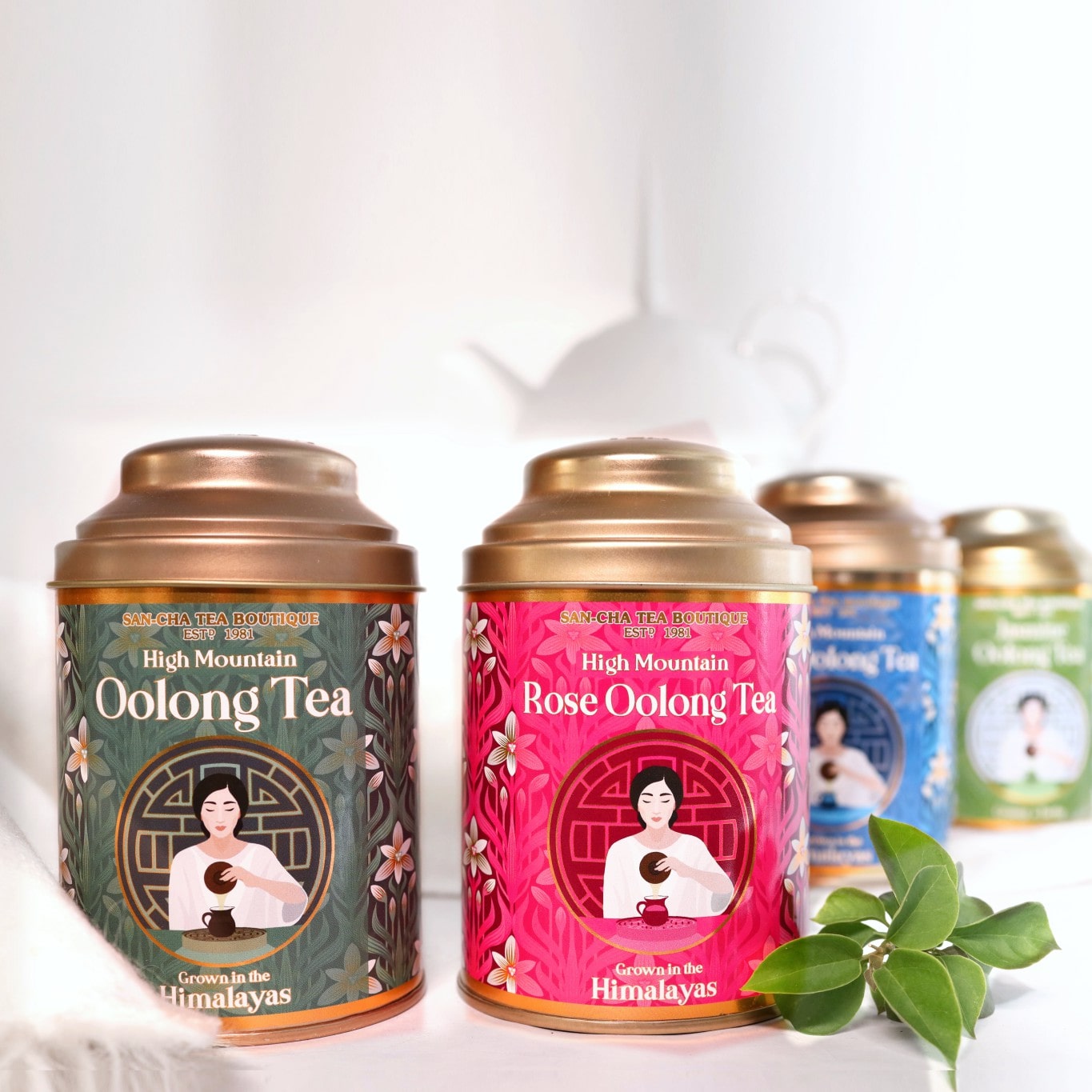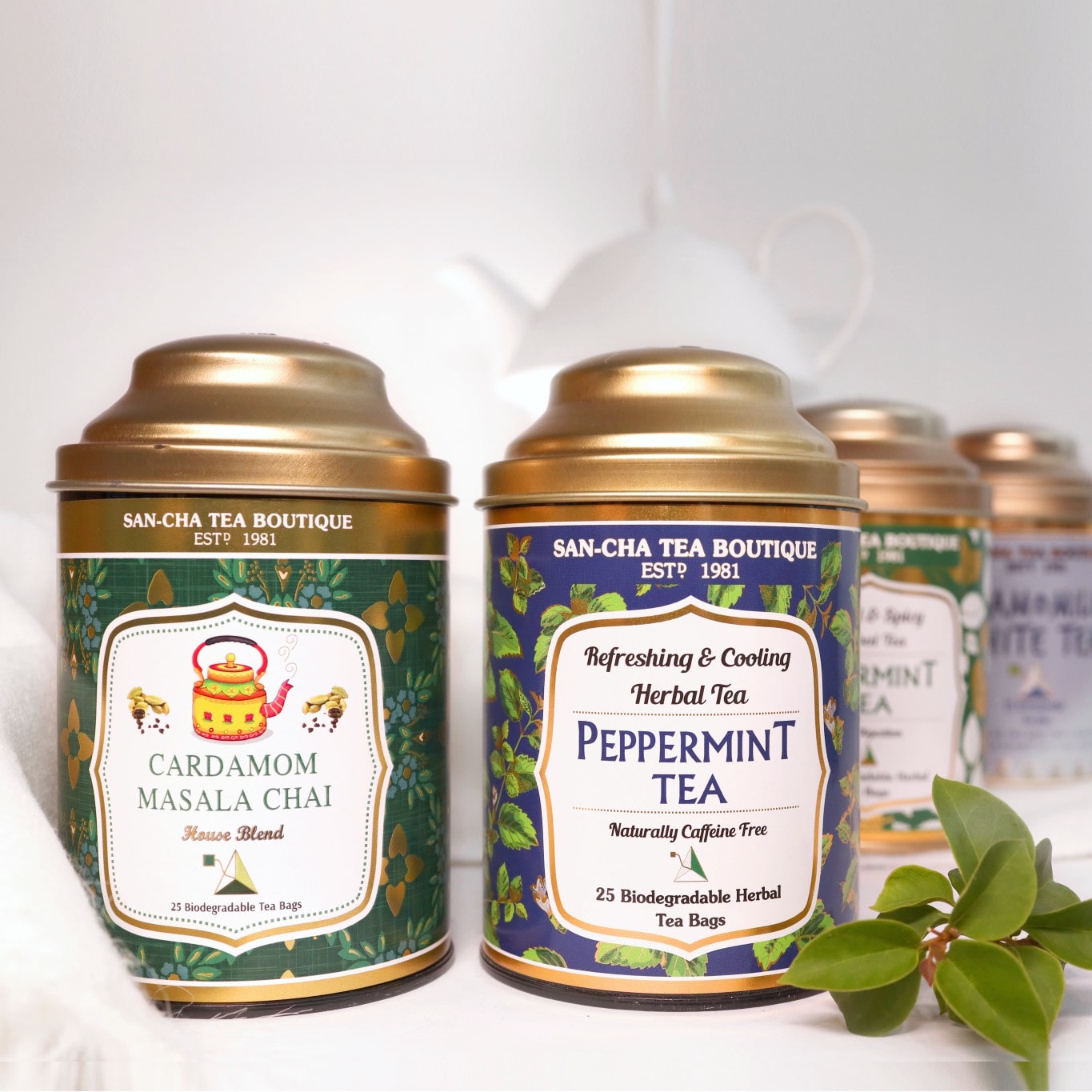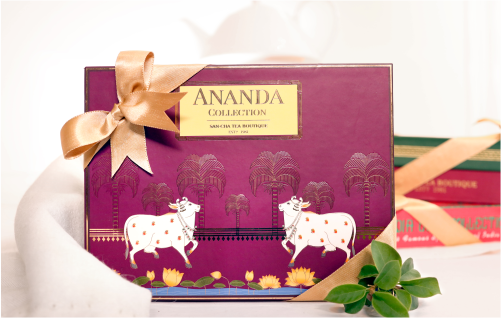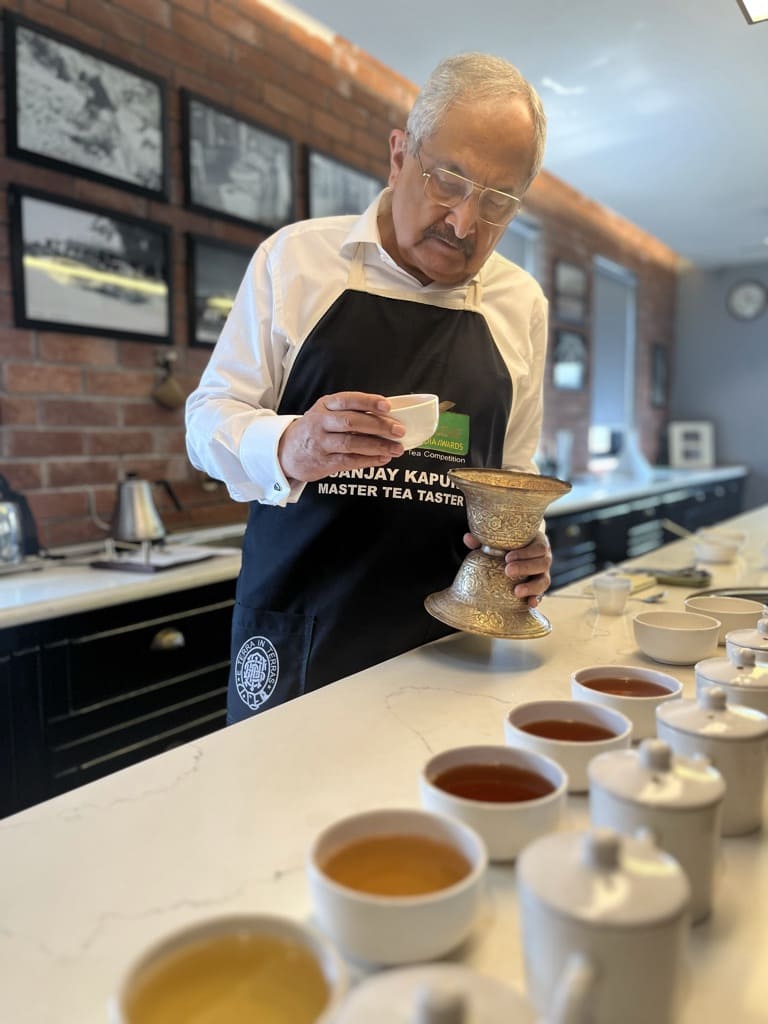Guwahati: Roopak Goswami
A study by two Japanese researchers published in the Journal of Japan Association on Odor Environment says inhalation of second flush Darjeeling tea aroma significantly reduced “subjective stress,” “depression/anxiety,” and “hostility”.
The study enrolled 18 women aged around 30 years old for the study which was done by Ms Atsuko Ohno of Mitsui Norin Co. and Yukihiro Yada of School of Integrative and Global Majors PhD Program in Human Biology, University of Tsukuba, Japan.
Black tea, along with coffee and cocoa, is one of the world’s three most palatable beverages, and tea is the second most popular drink in the world after mineral
water. Black tea attracts people with its exquisite aroma unique to fermented tea.
Volunteers subjectively evaluated their preference by sniffing the aroma of extracts of second flush Darjeeling tea (SFDJ; second-picked black tea produced in Darjeeling in the Himalayan foothills in the northeast of India), Assam tea, Uva tea (black tea produced in Uva in the highlands of Sri Lanka), and Earl Grey tea (black tea flavour with bergamot essential oil), all of which had different aromas.
“Many people say that the aroma relaxes them when they drink tea. I wanted to verify this scientifically, so I conducted my research” Ms Atsuko Ohno who works at Mitsui Norin Co told EastMojo.
“It is said that human psychology and physiology are influenced by age, gender, and aroma preferences. For this reason, we selected only women in their 20s and 30s who do not dislike tea,” she said.
Darjeeling tea was used as the study sample because it was the most preferred among the four types of commercially-available black tea in the preference investigation.
The purpose of this study was to clarify the psychophysiological effects of second flush Darjeeling tea aroma. First, the preference for second flush Darjeeling tea aroma and the impressions of the aroma were evaluated. Next, an integrative physiological evaluation of autonomic and central nervous system activities was performed along with a psychological evaluation.
The study says second flush Darjeeling tea aroma was associated with high preference and positive impressions of “elegant,” “relaxing,” and “comforting.” Furthermore, a significant correlation was found between these impressions and the preference for second flush Darjeeling tea aroma, suggesting that recognition of the aroma as an elegant, relaxing, or comforting aroma may lead to high preference.
“In the future, I would like to find out what aroma components of Darjeeling tea contribute to its psychophysiological effects,” she said.
Top tea taster Krishan Katyal, who was the former chairman and managing director at J. Thomas and Co Private Limited, told EastMojo, “The study is methodical, analytical, and comprehensively presented. The overall impressions of the study certainly do co-relate with a general human response to 2nd flush Darjeeling aroma. It would, however, be interesting to know, specifically, what the pedigree of the raw material in the selected tea was- Pure China, or China hybrid, or Assam hybrid? All these coexist in Darjeeling and exhibit different olfactory sensations.”
“The study will reinforce the calming and pleasurable experience of consuming Darjeeling. Also, note that of the 4 black tea types that were considered, Darjeeling was selected as it elicited the most positive/preferred response from the subject group. It is a good stamp of approval for Darjeeling tea drinkers, and maybe an encouragement to others to follow suit- hopefully not to the detriment of the other varieties, such as Assam, Uvas and others,” Katyal said.

